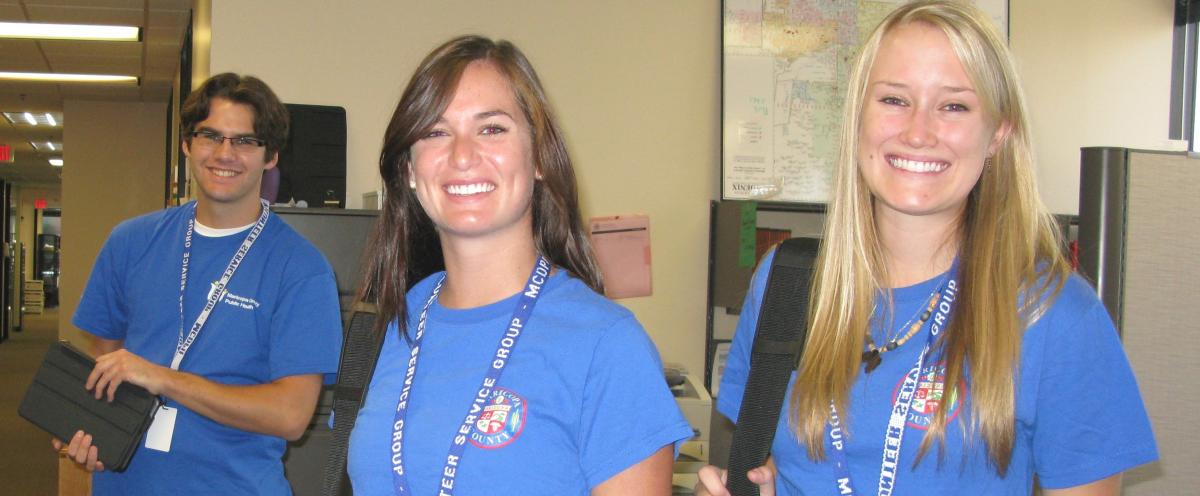Ensuring Public Health, 100,000 People at a Time
 |
| From left: Kyle McKeown (MPH student and team leader), Sarah Thielman and Kristen Marquardt are members of the UA SAFER program at the Mel and Enid Zuckerman College of Public Health who volunteered to work the Major League Baseball All-Star Game at Chase Field in Phoenix to investigate health-related outbreaks during the event. |
The UA SAFER program works with Maricopa, Pima and Pinal county health departments to investigate public-health illnesses.
Being accountable for the health and safety of the 100,000-plus people attending activities associated with the Major League Baseball All-Star Game over five days is no easy task.
But for epidemiologist Kristen Pogreba-Brown, the designer and coordinator of the University of Arizona's Student Aid for Field Epidemiology Response, or SAFER, program, it's just the job she signed up to do.
Progreba-Brown, who is pursuing a doctorate at the UA, developed the SAFER program as part of her internship as a UA Mel and Enid Zuckerman College of Public Health graduate student in 2005.
During her internship, she connected with Arizona county health departments to develop an outline of what information would be needed and what would need to be done during and in the aftermath of an infectious-disease outbreak.
The effort has become a Maricopa County Department of Public Health-funded program housed at the UA that benefits people statewide.
The program is funded to investigate health-related outbreaks within these populations through one-on-one interviews with people reporting illness during large public events such as the MLB All-star game or via phone interviews with the general population who have an illness reported to an Arizona health department.
Nine volunteer students plus Progreba-Brown worked the MLB All-Star activities to keep track of health-related illnesses as part of her contract with the Maricopa County Department of Public Health to provide surveillance during major public events, as well as day-to-day public health surveillance.
By Rebecca Ruiz-McGill, University Communications, July 25, 2011

